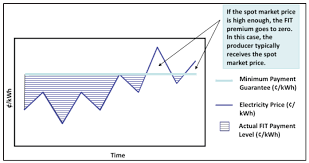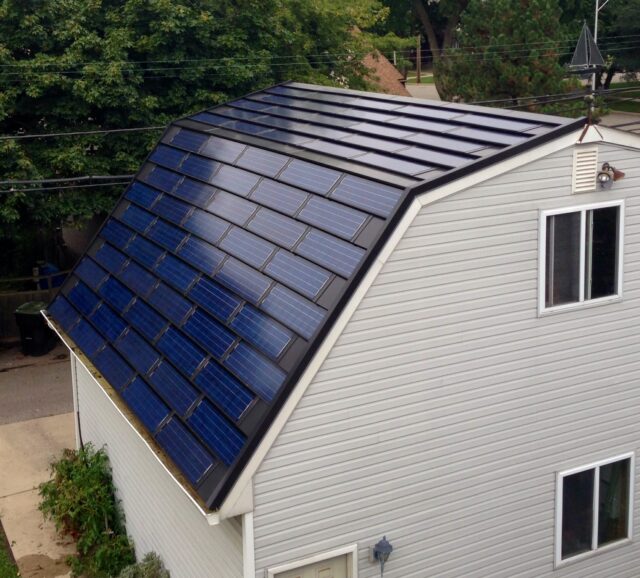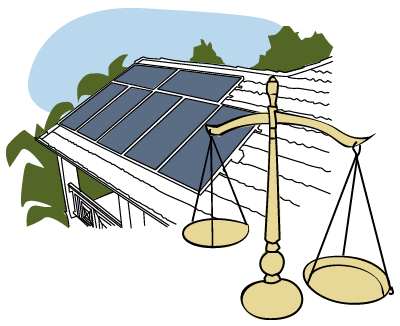
It does not matter if your goal is to put up a solar system or improve your home's efficiency. However, it is crucial to know the dimensions of your solar panel. You can increase your solar panel production by choosing the right size. There are many different types and sizes. The size of your panels is not standardized. However, commercial panels may have panels that are as small as 2 in. wide by 4 in. long.
A dual axis tracker is a must for panels that are efficient and maximize solar power. You should also consider the size and efficiency of your panels when selecting a system to fit your home. While the size of your panels can make or break your energy production, the amount of sunlight that hits your roof in a given day can also be a deciding factor.

Solar panels cannot be moved. The average person is about 190 lbs. Standing on a solar panel for long periods of time can cause damage to the panels and frames. The average size of a residential solar panel is 39 inches wide by 65 inches long. Depending on your needs, and your budget, the size of a commercial panel may vary.
Monocrystalline silicon, the most efficient material for solar panels, is used to make them. This material is not cheap, but it's definitely worth it. A monocrystalline silicon panels are not only capable of increasing solar power output, but they can also withstand extreme temperature fluctuations. This is especially true in summer when panels can be exposed to temperatures as high as 65°C. Your installer is the best person to call if your panels are damaged. If you contact them, they can assess your panels for damage and recommend the best repairs.
The most expensive solar panels are those with the largest sizes. They are often mounted on large vehicles, such as motorhomes, boats, or motorhomes. It is important to think about the location of your panels, in addition to their size. Depending on where and how you live, it may be a good idea to move your panels to a different spot than the one they were originally meant for. In warmer climates, you might consider mounting your panels on a roof, instead of on a rooftop. You should also consider the ramifications of installing solar panels on an uneven surface. Unlevel roofs can cause solar panels to heat too fast.

Make sure you review the specifications for your panels before making any purchase. This will ensure the best results. You can start by looking at the manufacturer's site. An electrician qualified in electrical work should be able to inspect your panels at the least once a calendar year. Your homeowner's insurer may cover repairs if the panels are in dire need.